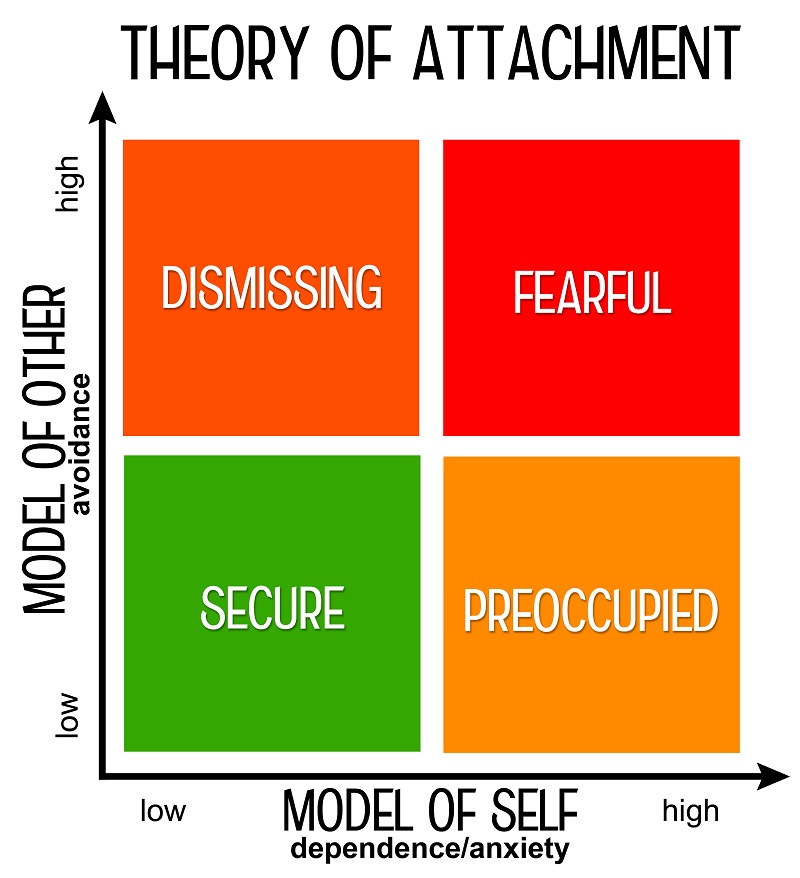Marriage Counseling Helps Teach Relationship Success Through Attachment Styles
Marriage counseling is available at Take Charge, Inc. to help couples build successful relationships by learning about attachment styles. This will be the first in a series of blogs on attachment styles. In future posts, we will look at each style in depth. In this post, we provide an introduction to attachment styles and an abbreviated overview of each.
What Are Attachment Styles?
Some people are very cool and aloof in their relationships, while others tend to smother and need constant validation. Attachment theory suggests that this is because they have different attachment styles. Your attachment style is the specific way you relate to others in relationships.
Your attachment style is shaped and developed in early childhood in response to your relationships with your first caregivers, according to attachment theory. It is thought that our adult attachment style mirrors the dynamics we had with our caregivers as infants and children.
In marriage counseling, you learn that there are four main attachment styles: secure, anxious, avoidant, and fearful-avoidant.
 Secure Attachment
Secure Attachment
Secure attachment style refers to the ability to form healthy and secure relationships with others. A person who is securely attached can be trusted and trust others, give and receive love, and develop intimacy relatively easily. They do not fear closeness, nor do they become distressed when their partners need time or space away from them.
Anxious Attachment
Anxious attachment style is an insecure attachment style characterized by a deep fear of abandonment. People with an anxious attachment style tend to feel insecure in their relationships. They often worry that their partner will leave them and thus are seeking validation. An example includes getting anxious if your partner doesn’t text back immediately.
Avoidant Attachment
Avoidant attachment is an insecure attachment style characterized by a fear of intimacy. People with avoidant attachment style tend to struggle to get close to or trust others in relationships. They are typically largely emotionally unavailable or keep their partners at a distance in their relationships, preferring to be independent and self-reliant.
Fearful-Avoidant Attachment
Fearful-avoidant attachment style is characterized by a mix of both the anxious and avoidant attachment styles. People with fearful-avoidant attachment style both deeply crave affection and desire to avoid it at all costs. They tend to avoid close romantic relationships, while at the same time having a deep need to feel loved by others. Fearful-avoidant attachment is sometimes known as disorganized attachment.
Marriage Counseling Can Help
Attachment styles can be changed, and both marriage counseling and individual therapy are helpful. Terri Clinton Dichiser at Take Charge, Inc. will help you to dive into your attachment style and help you learn to identify patterns, establish appropriate boundaries, and promote a healthy relationship.
For more information about marriage counseling, call Take Charge at (913) 239-8255. To make an appointment, click here.
